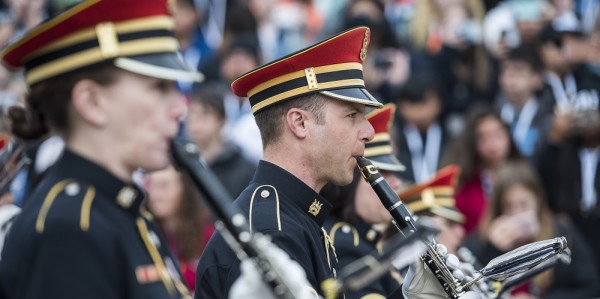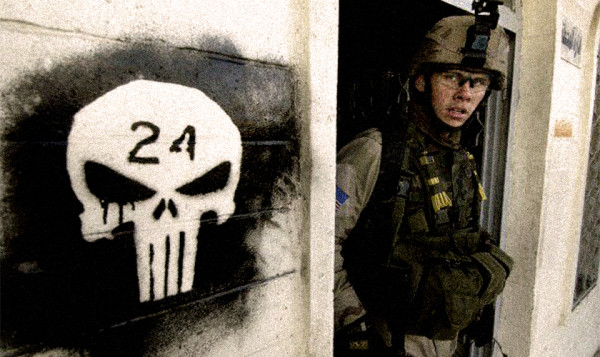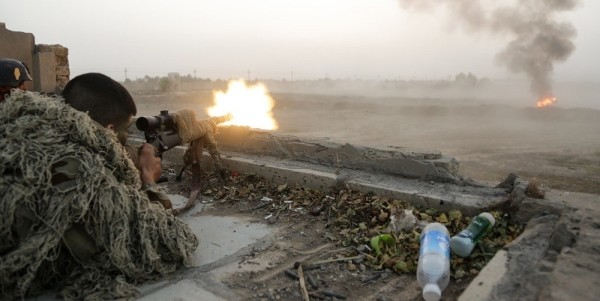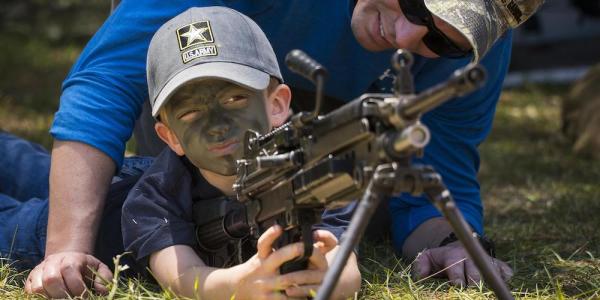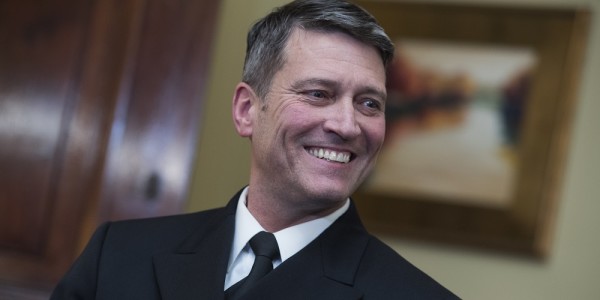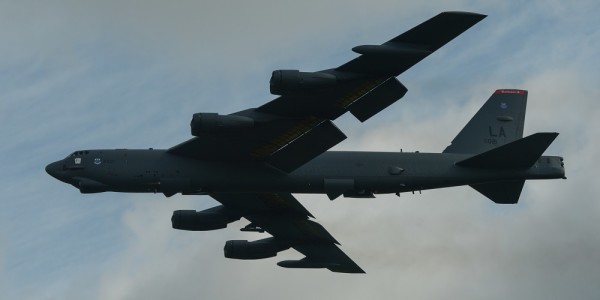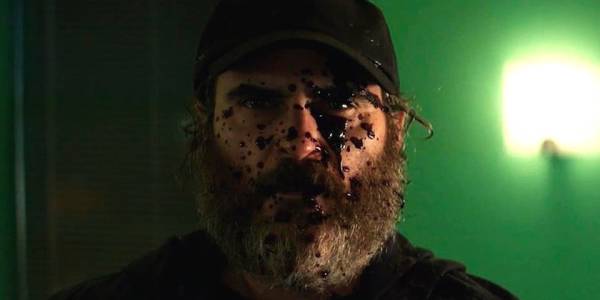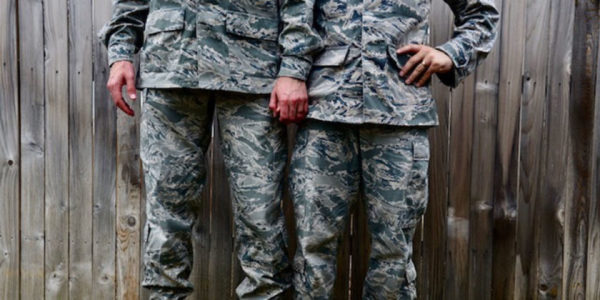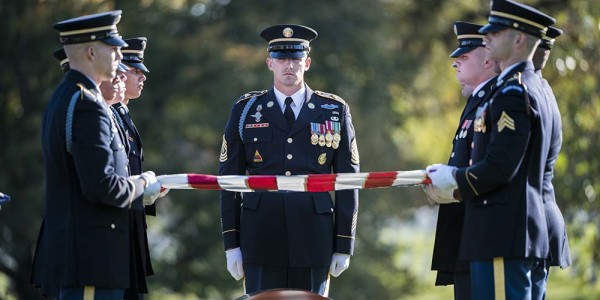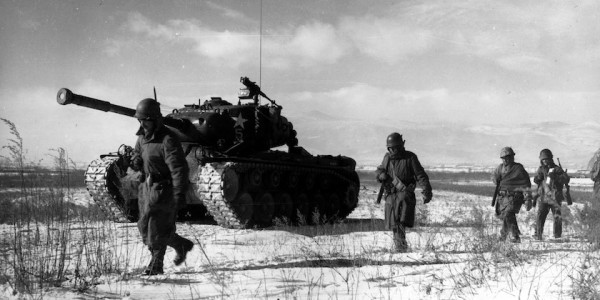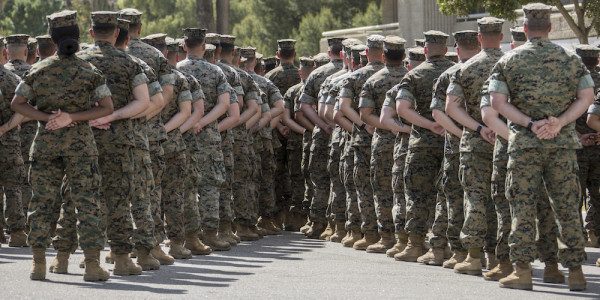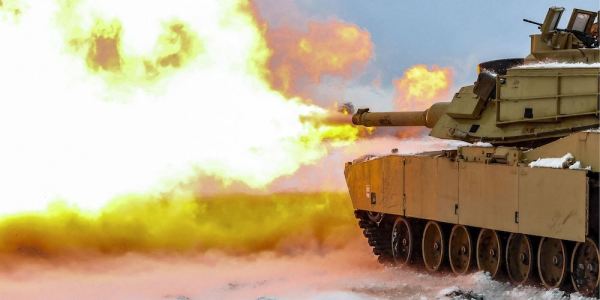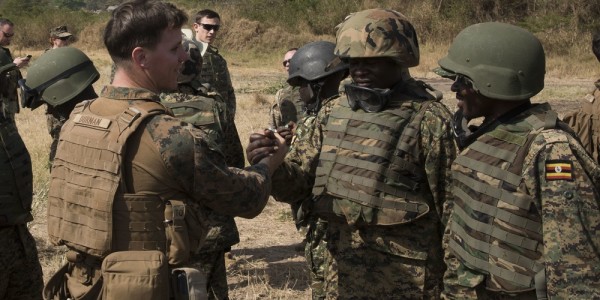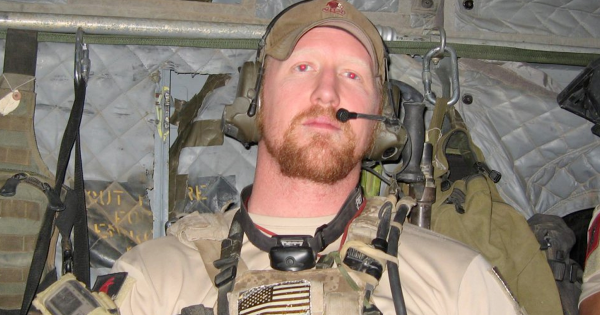Von Clausewitz. Sun Tzu. Gene Roddenberry?
The ‘Star Trek’ creator has a lot to say about war and military life — and, it happens, he has a superfan in the Marines’ top general.
Gen. Robert Neller, the Marine Corps commandant, is a big fan of Capt. Jean-Luc Picard, the unflappable USS Enterprise skipper played by Sir Patrick Stewart in “The Next Generation.”
The show, Neller says, teaches lasting lessons about leadership.
“I’ve always enjoyed watching it,” Neller said during a March 29 discussion at the Atlantic Council think tank in Washington. “It’s a leadership show, because you always find that the crew and the captain are put in some sort of moral, ethical, operational dilemma, which I find interesting.”
Neller wasn’t able to give us some of his favorite TNG episodes, but here’s a few with with timeless lessons for Marines and other service members. Be warned, spoilers ahead.
“The High Ground.”
When terrorists kidnap the Enterprise’s doctor, Capt. Picard and his crew wrestle with how to respond without being drawn into a planet’s civil war. The episode first aired in 1990, the same year as Desert Shield — and the U.S. military’s first showdown with Saddam Hussein. In one scene, a surveillance video shows what looks eerily like the World Trade Center’s twin towers.
Key Picard quote: “History has shown us that strength may be useless when faced with terrorism.”
Main takeaway: Terrorism is a military problem that requires a political solution — but the better the military does, the less incentive politicians have to solve it. So, as Picard so finely put it, we’re just fucked.
Related: The Pentagon Refuses To Discuss How It Plans To Screw Up The New Space Force Uniforms »
“Peak Performance.”
Data unexpectedly loses a war game against a famous strategist. He goes into a funk, trying to find out where he failed. Picard tells him to unfuck himself. Data realizes that to win, he doesn’t need to beat his opponent, just create a stalemate and outlast him.
Key Picard quote: “It is possible to commit no mistakes and still lose. That is not a weakness; that is life.”
Main takeaway: Don’t be afraid to fail. That’s why we have second lieutenants.
“The Drumhead.”
After a saboteur is discovered aboard the Enterprise, a retired admiral leads a witch hunt to for conspirators. Eventually, even Picard falls under suspicion. The episode is reminiscent of how James Jesus Angleton nearly destroyed the CIA looking for non-existent Soviet moles.
Key Picard quote: “Five hundred years ago, military officers would upend a drum on the battlefield. They’d sit at it and dispense summary justice. Decisions were quick; punishments severe; appeals denied. Those who came to a drumhead were doomed.”
Main takeaway: The military justice system can be cruel and arbitrary. Take whatever plea deal prosecutors offer you.
Related: When It Comes To The Military, SciFi Movies Are Missing The Mark »
“In Chain of Command, Part II.”
Picard is captured on a mission concocted by the Cardassians to lure him away from the Enterprise. His captors torture him for intelligence on the defenses of a planet they plan to invade. The interrogation scenes evoke George Orwell’s “1984”: The Cardassian interrogator tries to get Picard to say he sees five lights when there are only four.
Key Picard quote: “THERE… ARE… FOUR LIGHTS!”
Main takeaway: Pay attention during SERE training. That stuff is super useful.
“The Best of Both Worlds, Part I.”
Even though chances of victory are slim, Picard orders the Enterprise to attack a Borg ship. He is quickly captured and assimilated into the Borg collective. Second Officer Riker decides to try a new weapon against the Borg ship, even though it would mean killing Picard.
Key Picard quote: “Mr. Worf, dispatch a subspace message to Admiral Hanson. We have engaged the Borg.”
Main takeaway: No matter how much readiness sucks; no matter how broken equipment is; the military will always answer the nation’s call to fling itself head-first into an open-ended conflict without an end game.
WATCH NEXT:



